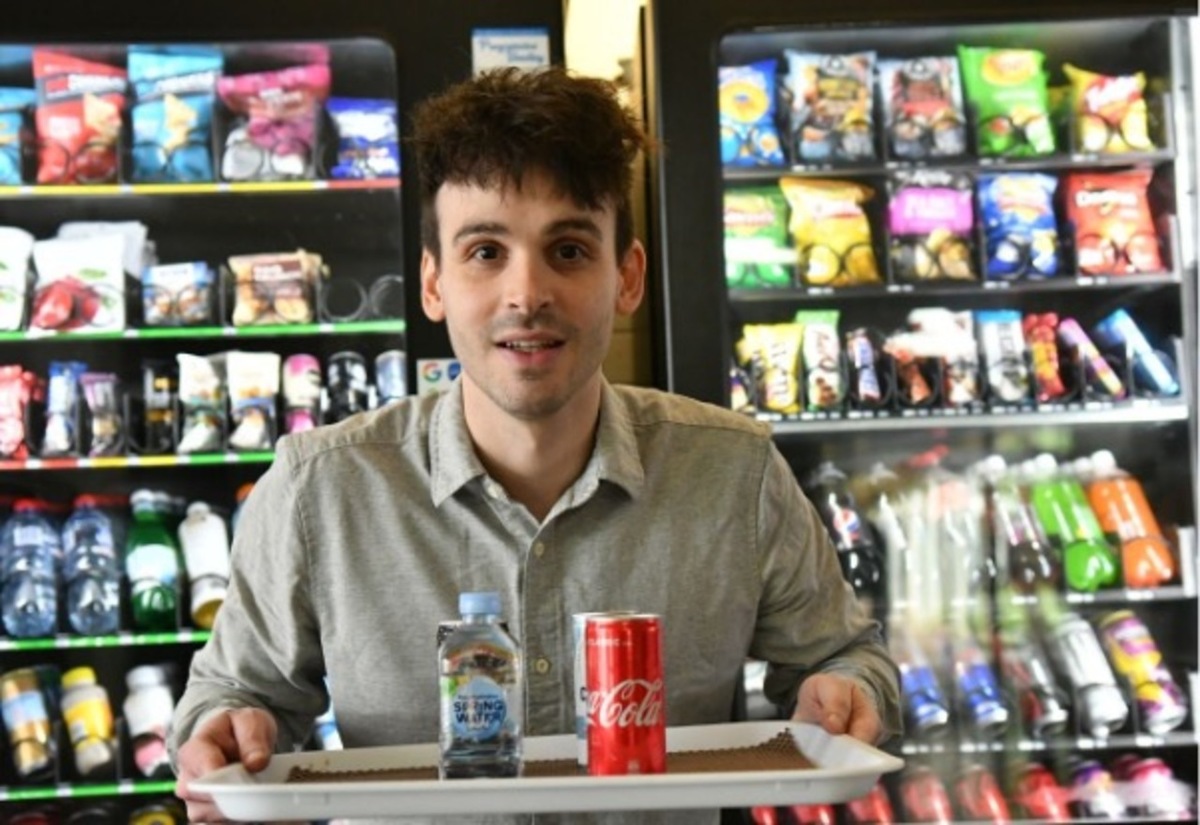Soft drink concerns bubble to the surface
Laura Williams
12 December 2021, 6:26 AM
 Studies show that 40-50 per cent of young adults consume soft drinks at least once a week.
Studies show that 40-50 per cent of young adults consume soft drinks at least once a week. University researchers are revisiting the health issues surrounding sugary drinks which have become increasingly commonplace and are searching for a solution to a problem that many people across the Western Plains seem to be particularly susceptible to.
In spite of health warnings about high consumption of carbonated soft drinks, global consumption has been rising rapidly for more than 50 years.
Research from The Australian Institute of Health and Welfare (AIHW) suggests that people living in outer regional and remote communities, like those in the Western Plains, are the most common consumers of soft drinks, with 14.4 per cent of the population estimated to drink them on a daily basis.
Flinders University Psychology researchers, including PhD candidate Joshua McGreen, believe that reducing the intake is a matter of understanding the cues that contribute to this consumption.
“This study takes us closer to finding new and accessible methods to help habitual soft drink users and other consumers who want to more actively try to limit their intake,” Mr McGreen said.
One of the contributing factors, according to the research, is the marketing that associated the sugary drinks with positive emotions, such as ‘being cool’, ‘having fun with friends’, and even ‘happiness’.
With obesity rates for children and adolescents aged 2-17 in low socioeconomic areas 2.4 times higher than more affluent areas, according to AIHW, the research could hold positive and productive change for locals.
The idea of placing taxes on the sugary drinks and other high sugar foods has circulated in health circles for years.
However Mr McGreen says that a tax might not be a sustainable solution to the problem.
“While placing a tax on soft drinks is one strategy, it doesn’t address the underlying mechanisms that drive soft drink consumption, nor does it empower individuals to regulate their own consumption behaviour,” he said.
Breaking the habit is about more than obesity, with high soft drink consumption also implicated in tooth decay, risk of diabetes and lower academic performance.
The World Health Organisation guidelines recommend adults and children reduce their daily intake of added sugars to less than 10 per cent of their total daily energy intake.
The research will continue into 2022 to investigate targeted interventions to reduce soft drink consumption across Australia.